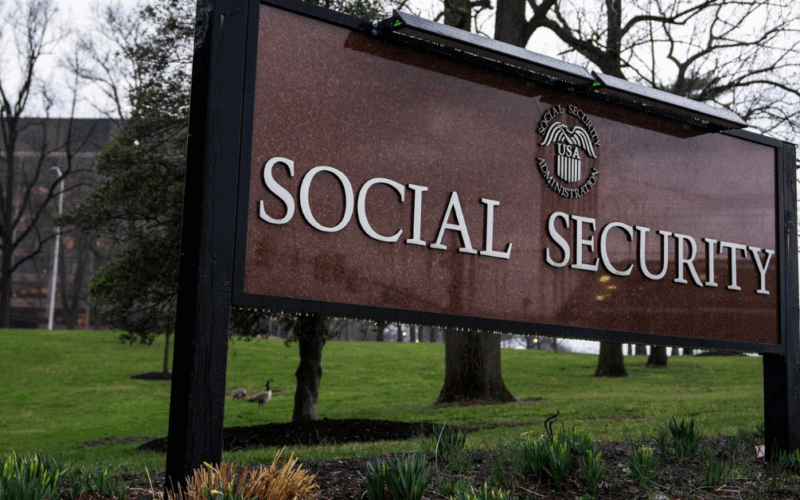Washington, D.C. – In a troubling turn of events, Charles Borges, the chief data officer at the Social Security Administration (SSA), has been forced to resign after raising serious concerns about a massive data security risk involving the personal information of hundreds of millions of Americans. Borges revealed that the Department of Government Efficiency (DOGE) improperly uploaded unsecured sensitive data onto a vulnerable cloud server, putting citizens’ most confidential information at risk.
This whistleblower complaint, filed on Wednesday, exposed catastrophic lapses in data governance and security protocols within the SSA—and triggered intense workplace retaliation resulting in Borges’ departure.
Exposing Unsecured Data Practices at SSA
Borges’ complaint highlighted disturbing evidence that DOGE, tasked with streamlining federal agencies, had accessed and stored highly sensitive data on a cloud platform without sufficient security controls. As SSA’s chief data officer, Borges was responsible for overseeing data integrity, privacy, and compliance with federal regulations—duties he believes were compromised by recent changes in IT leadership and organizational culture.
In his resignation letter dated Friday, Borges stated he was “involuntarily leaving” due to what he described as a hostile work environment that made it impossible to perform his duties both legally and ethically. He cited:
- Exclusion and isolation within the workplace
- A culture of fear suppressing open discussion of questionable activities
- Emotional, mental, and physical distress resulting from SSA’s retaliation
- Constructive discharge following his whistleblowing efforts
“After reporting internally to management and externally to regulators, serious data and security and integrity concerns impacting our citizens’ most sensitive personal data, I have suffered exclusion, isolation, internal strife, and a culture of fear, creating a hostile work environment and making work conditions intolerable,” Borges wrote.
Decades of Public Service and a Commitment to Data Security
Borges emphasized his extensive background in public service, including his tenure as an active-duty Naval Officer and decorated combat veteran, underscoring his dedication to protecting national interests. At SSA, his role demanded:
- Oversight and governance of data safety and security
- Ensuring full visibility into data access across all systems
- Strict compliance with federal data privacy and regulatory requirements
- Enforcement of best practices and policies around data handling
However, Borges recently uncovered projects and incidents that violated established laws and regulations, involving unauthorized or inappropriate access to critical agency data storage and potentially illicit data exchanges with other government entities. These issues petered out following a restructuring with new IT and executive staff that fostered a retributive and fearful workplace atmosphere.
The Broader Implications for Government Data Security
Borges’ whistleblowing has cast a spotlight on larger systemic problems within federal data management, particularly concerning cloud security and organizational transparency. The forced resignation illustrates the challenges faced by government insiders when confronting risky practices and cultural resistance to accountability.
Political correspondent Nicholas Nehamas shared Borges’ resignation letter on X, noting that though Borges resigned, he had effectively been pushed out due to the toxic environment.
Experts warn that such vulnerabilities in handling data threaten not only individual privacy but also national security, emphasizing the urgent need for reform and greater protections for whistleblowers.
What This Means for the Future of Federal Data Governance
As calls grow louder for enhanced data protection policies, government agencies must reassess their cloud security protocols and workplace culture surrounding transparency and ethics. Whistleblowers like Borges play a crucial role in exposing dangerous vulnerabilities, yet their treatment raises concerns about the real cost of accountability.
- Increased pressure on federal agencies to tighten cloud computing safeguards
- Heightened awareness of whistleblower protections and workplace fairness
- Potential policy reforms aiming to prevent retaliatory practices
- Ongoing scrutiny of DOGE’s handling of sensitive data and its impact on citizen privacy
“Creating an environment where employees feel safe to report wrongdoing is essential to protecting the public’s trust and sensitive data,” noted cyber security analyst Dr. Amanda Keller.




